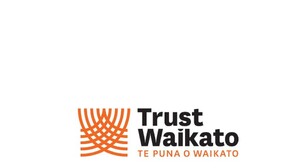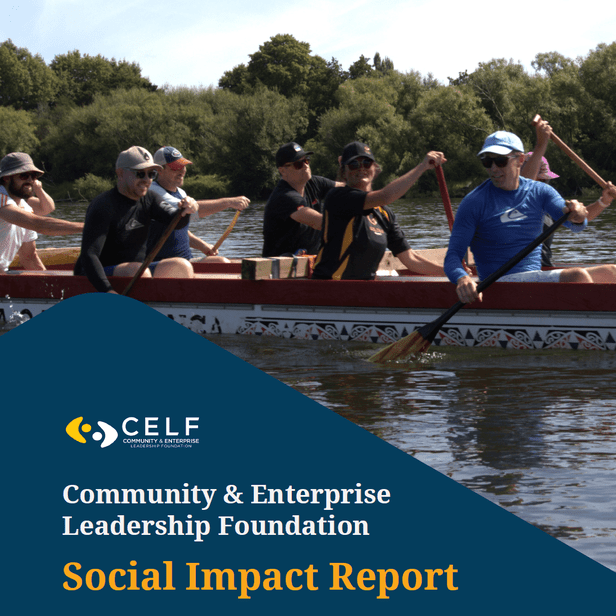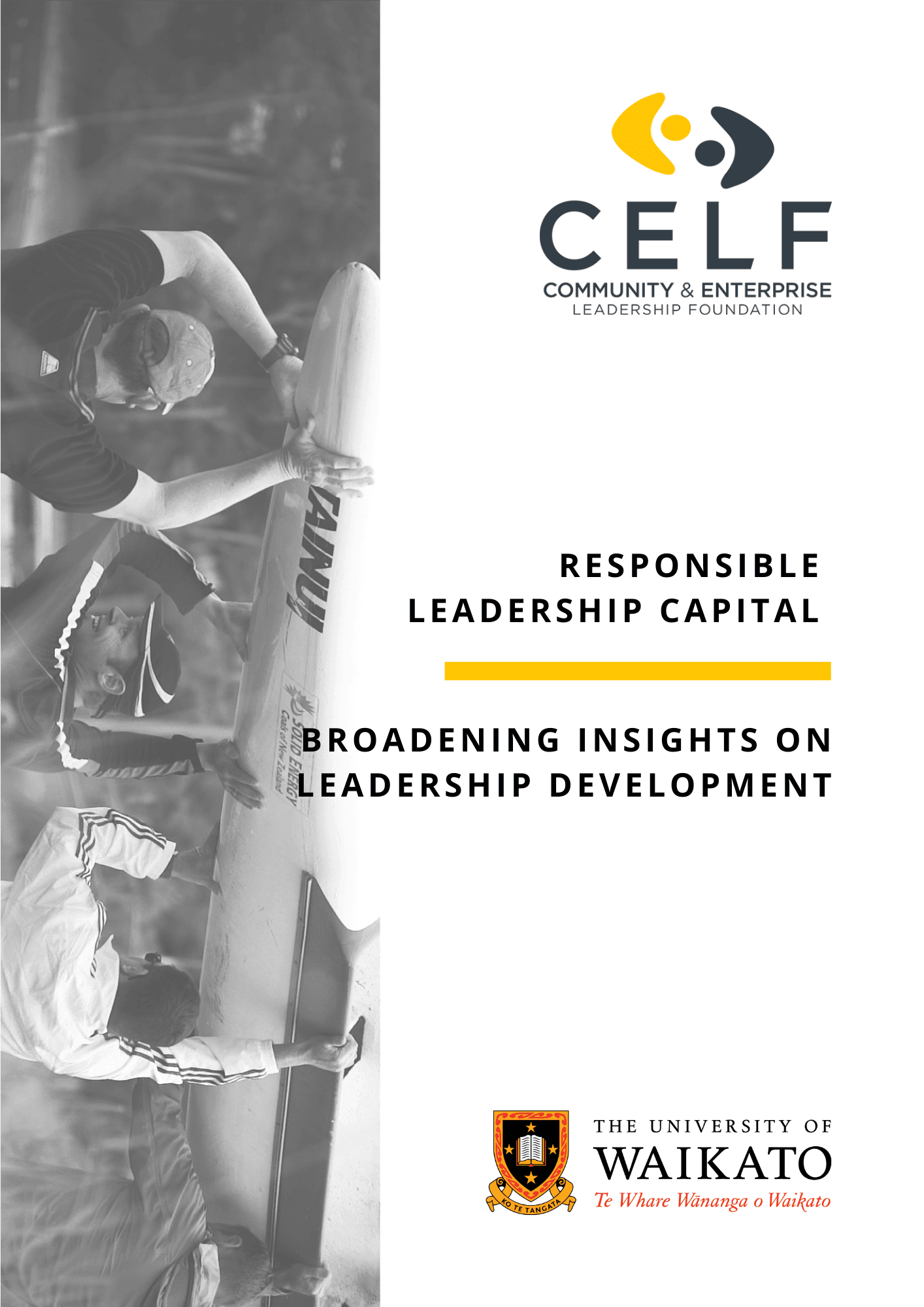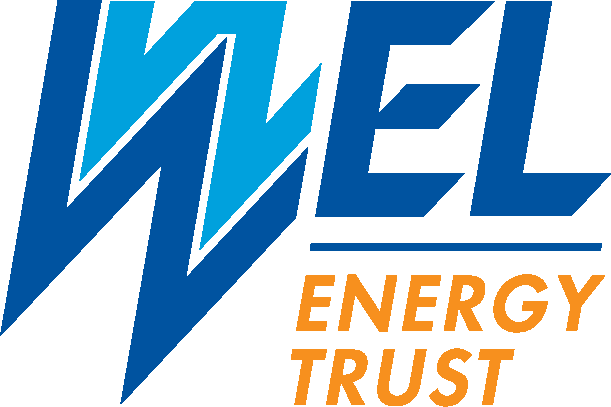Social Impact Report
Prepared by Huber Social
Supported by WEL Energy Trust & Trust Waikato
This report presents the results of the social impact measurement for CELF’s Elevate Leadership Programme. The study demonstrates that the programme strengthens leadership confidence, encourages community engagement, fosters cross-sector collaboration, and supports practical application of skills.
The report highlights immediate benefits for graduates, including increased participation in community activities, greater understanding of personal leadership, and enhanced mentoring roles. It also shows long-term outcomes for alumni, including improved wellbeing, broader leadership knowledge, and strengthened professional connections.
Our Curiosity
What are the dimensions of leadership capital, and how are they developed?
How is responsibility towards community nurtured in leaders?
Responsible Leadership Capital
Broadening Insights on Leadership Development
CELF believes in the positive impact that connected, responsible leaders have on their community. Our flagship leadership development programme brings together established leaders from across multiple organisations and sectors in an effort to increase the elevation and social impact of all participants, their organisations and communities.
In an effort to develop an evidence-based method with which to measure the programme's impact on individual growth, organisations and the community this research explores the nature of responsible leadership capital and examines the lived experiences of seventeen programme participants.
Useful Findings
Leadership capital consists of four dimensions:
● responsible human capital
● spiritual capital
● responsible social capital
● reputational capital
Because community and responsible orientation came out as a particular characteristic of these capital forms, we term the leadership capital as ‘responsible leadership capital.’
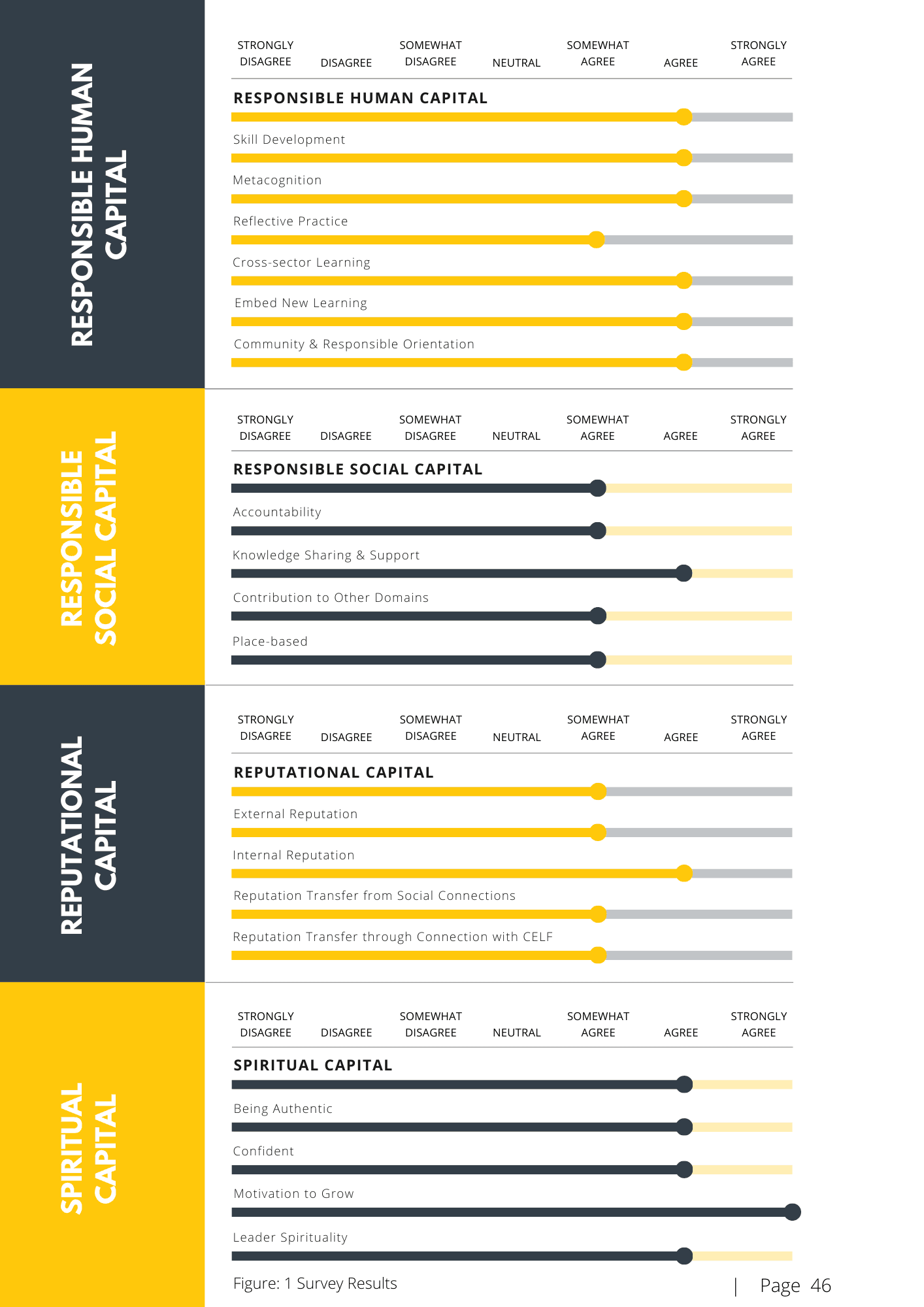
Characteristics of Leadership Capital
Particular forms of leadership capital were developed over the course of the programme.
- The participants, especially those from the for-profit sector, developed a community and responsible orientation.
- Leaders’ metacognitive skills are developed through generalisation and contextualisation across different domains.
- Because of these characteristics, the leaders’ human capital had a community and responsible orientation.
- The participants from the for-purpose sectors also benefited from the cross-sector leadership programme by gaining insights into the commercial world and extrapolating these learning into their organisations,. This developed confidence by seeing how relevant their leadership is to other domains.
- Many of the for-purpose sector leaders spoke of the sense of inadequacy and of being overawed, when journeying together with business leaders. However, the leadership programme showed that the challenges they face are no different from that of for-profit leaders.
- The leader’s spirituality is an important dimension of their leadership capital, which has not been explicitly recognised in prior research. Leaders developed their personal leadership style, which aligns with their self-view, and they developed a greater understanding of their ‘why’.
- Since the leadership programme involved leaders from all sectors of the community, it also enhanced their social capital in unique ways. It enabled the leaders to contribute, and leverage their responsible social capital i.e. beyond their home-based organisation sector.
- We found leaders had both an internal and external reputation.
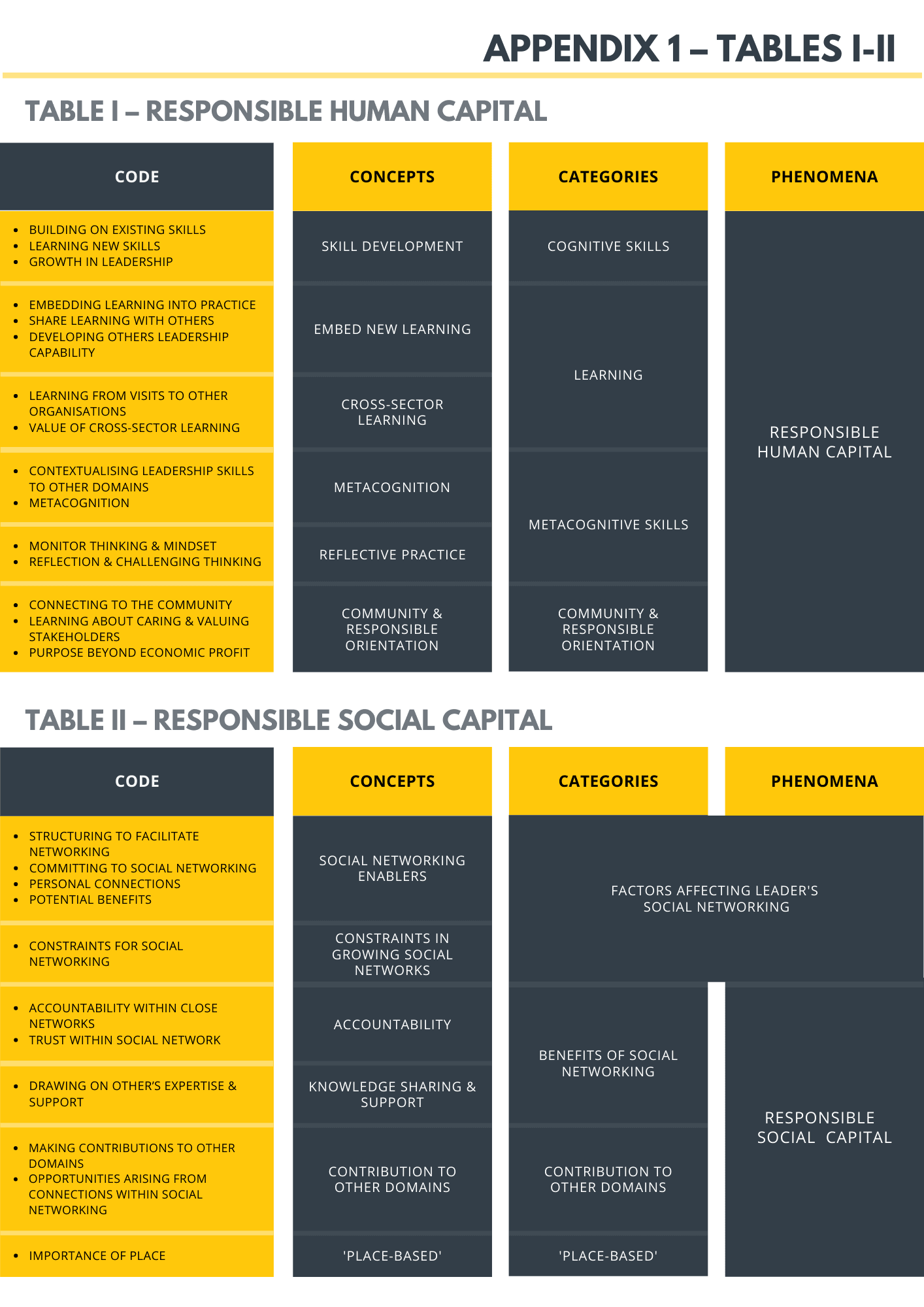
To download the research paper, please complete the form below:

